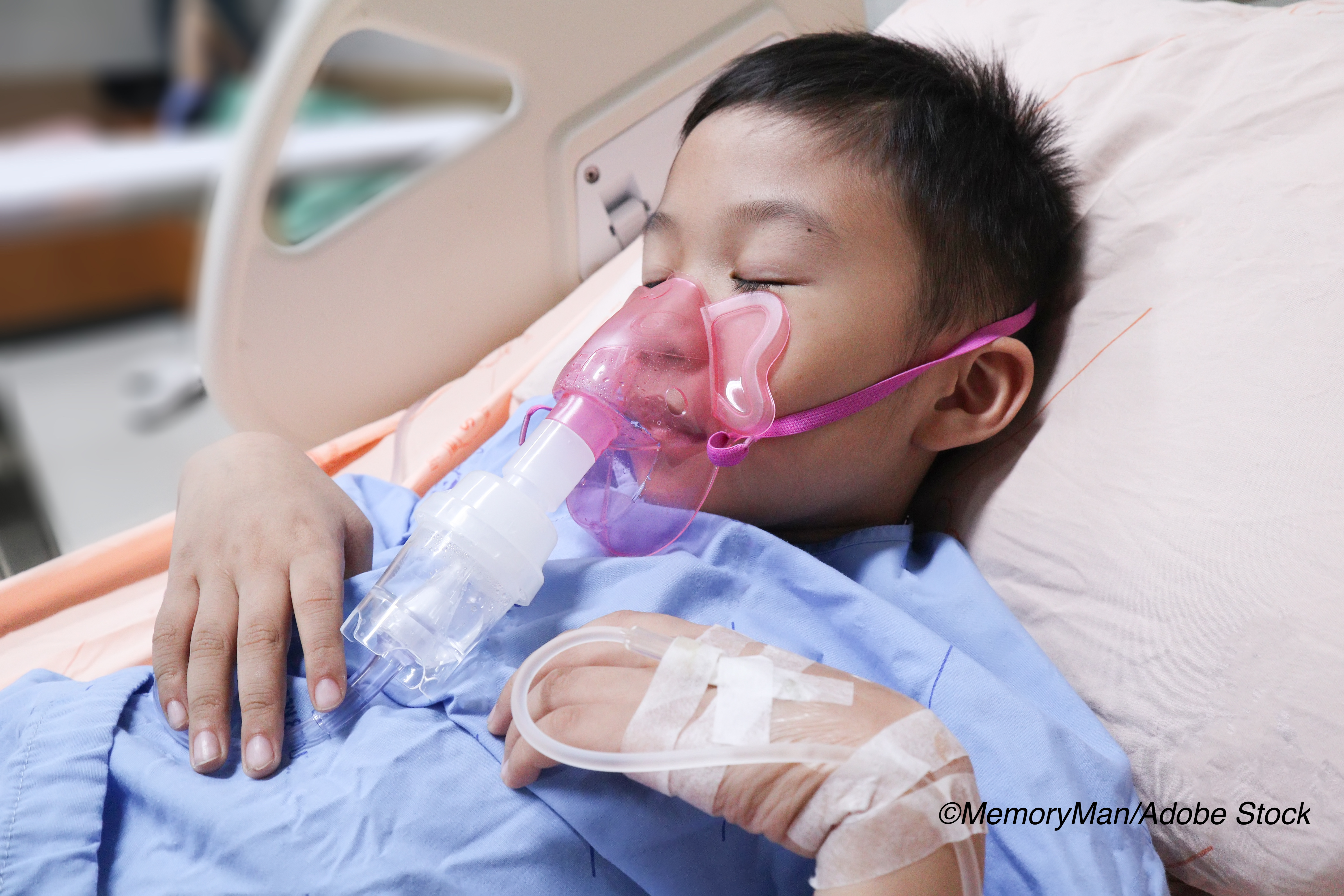In a study involving 46 children hospitalized with the Covid-19-related disorder pediatric inflammatory multisystem syndrome (PIMS-TS), most— but not all—symptoms resolved within six months of hospital discharge, researchers reported.
Findings from the small but pivotal study of the rare syndrome in pediatric patients suggest that long-term damage to organs may be uncommon.
But researcher Justin Penner, MD, and colleagues at the Great Ormond Street Hospital, London, noted that some children who develop the disorder may need ongoing support for ongoing symptoms including muscle fatigue, decreased exercise capacity, and emotional issues including anxiety and mood changes.
Writing in the journal Lancet Child & Adolescent Health, Penner and colleagues noted that “irrespective of treatment received in the acute phase, our patients’ outcomes were generally favorable, although severe sequelae did persist in some patients.”
“At the six-month follow-up, common sequelae included muscular fatigue; neurological sequelae such as proximal myopathy, dysmetria, and abnormal saccades; and anxiety and emotional lability,” they wrote. “Biochemical markers or inflammation resolved, and SARS-CoV-2 serology status remained positive in most patients, despite immunosuppression.”
The researchers noted that the rare pediatric inflammatory syndrome first identified in young Covid-19 patients in April of 2020 “is a distinct post-infectious entity unlike the primary respiratory manifestations and outcomes seen in both adult and pediatric patients with Covid-19.”
The disorder generally occurs four to six weeks following mild-to-asymptomatic SARS-CoV-2 infection.
“More than 250 cases of PIMS-TS were identified in the U.K. and Ireland from March to June 2020, presenting with a constellation of clinical features that included fever, rash, conjunctival injection, and gastrointestinal symptoms, sometimes progressing to multi-organ failure requiring admission to the pediatric intensive care unit (PICU),” they wrote.
In their retrospective cohort study, Penner and colleagues explored biochemical and functional outcomes among 46 children treated for PIMS-TS at Great Ormond Street Hospital who were followed for up to six months after discharge.
The median patient age was 10 years, 65% were male, 80% were from minority ethnic groups, and 17% had pre-existing comorbidities. All patients had elevated markers of systemic inflammation at baseline, and none died due to Covid-19 or PIMS-TS.
Penner et al found that cardiac, gastrointestinal, renal, hematologic, and otolarygologic outcomes among the pediatric patients had largely resolved at six months, while muscle fatigue remained common.
Specifically, by six months following hospitalization:
- Systemic inflammation was resolved in all but one patient, but 38 (90%) of 42 patients who had positive SARS-CoV-2 IgG antibodies within six weeks of admission remained seropositive at six months.
- Echocardiograms were normal in 44 (96%) of 46 patients by six months, and gastrointestinal symptoms that were reported in 45 (98%) of 46 patients at onset were present in six (13%) of 46 patients at six months.
- Renal, hematological, and otolaryngological findings had largely resolved by six months.
- Although minor abnormalities were identified on neurological examination in 24 (52%) of 46 patients at six weeks and in 18 (39%) of 46 at six months, minimal functional impairment was seen at six months (median Expanded Disability Status Scale score 0 [IQR 0–1]).
- Median manual muscle test-8 scores improved from 53 (IQR 43–64) during hospital admission to 80 (IQR 68–80) at six months, but 18 (45%) of 40 patients showed 6-minute walk test results below the third centile for their age or sex at six months.
Responses to the quality-of-life assessment indicator PedsQL revealed severe emotional difficulties at six months in a significant number of patients (seven [18%] of 38 by parental report and eight [22%] of 38 by self-report). Almost all (98%) of the patients were back in full-time education (virtually or face to face) by six months.
“As PIMS-TS is a very rare complication of Covid-19 in children, our study included a small number of children from one hospital. Nevertheless, these findings can hopefully signal cautious optimism that many of the most severe effects of PIMS appear to resolve within six months,” Penner said in a press statement.
He added that the persistent fatigue, difficulty exercising, and mental health effects seen in some children should be closely monitored, and “patients should continue to be supported by medical teams with a range of specialisms.”
Co-researcher Karyn Moshal, MD, also with the Great Ormont Street Hospital, agreed that these ongoing symptoms will require close monitoring, but she added that it is not clear if the ongoing muscle issues were directly caused by PIMS-TS or if they resulted from the “disruption in children’s lives that the Covid-19 pandemic has caused on a wider scale.”
Likewise, the anxiety and mood changes reported at six months may have been indirectly related to PIMS-TS, she said.
“There was no control group in our study, so we cannot determine whether all these mental health effects were caused directly by PIMS-TS – but we do know that going through any severe illness is likely to have an impact on mental health and the disruption and uncertainty of the wider Covid-19 pandemic could also play a role,” she noted.
“These children and their families must be able to access ongoing mental health support in addition to continued monitoring for any long-term physical effects from PIMS-TS.”
Study limitations include its single-center, retrospective design, the possibility of referral bias of the most unwell patients with PIMS-TX, and the lack of a control group and baseline pre-illness testing.
-
Among 46 children hospitalized with the Covid-19 disorder pediatric inflammatory multisystem syndrome (PIMS-TS), most, but not all, symptoms resolved within six months of hospital discharge.
-
Ongoing issues with muscle fatigue, anxiety, and mood changes were reported in a significant percentage of children following hospitalization for PIMS-TS.
Salynn Boyles, Contributing Writer, BreakingMED™
The resarchers declared no funding source nor relevant disclosures related to this study.
Cat ID: 138
Topic ID: 85,138,730,933,190,926,138,43,192,927,925,934



